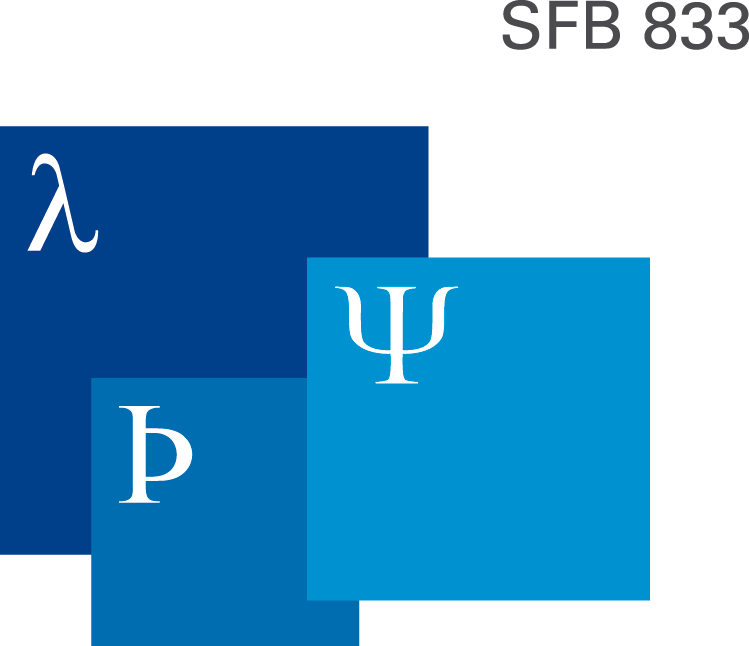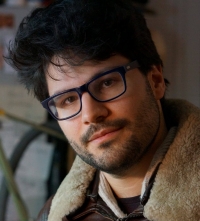The FeedBook is an intelligent electronic workbook is designed to accompany the English teaching at the German Gymnasium. It is developed by computational linguists at the University of Tübingen in collaboration with the publisher Diesterweg on the basis of a current workbook for 7th grade English classes, Camden Town.
The main goal of the FeedBook is to develop a system that provides immediate, individualized feedback to English language learners working on a range of tasks. To provide this kind of scaffolding feedback, state-of-the-art computational analyses of meaning and form are implemented and further developed.
FeedBook was tested for an entire school year between September 2018 and August 2019. First analyses show that students who received specific feedback benefit significantly more from using the system than students who don't receive specific feedback. A detailed analysis is published in this article.

The University of Tübingen is one of the oldest universities in Europe and one out of only 11 excellence universities in Germany. It hosts the project and provides financial resources.

Diesterweg is a publisher of educational materials. They provide the materials used as a basis for the digital form.

The development of the FeedBook is funded through the Knowledge Transfer Project (T1) as part of the of the collaborative research center 833 "The Construction of Meaning". The computational analyses implemented in the FeedBook are based on research results of the SFB Project A4 (Comparing Meaning in Context) on state-of-the-art meaning assessment of learner answers.
Project Start
Start of the development of the system prototype.
July 2016Prototype Rollout
Rollout of prototype to five schools, start of data collection phase.
October 2016Update 1.1
First major system update focusing on mobile and touchscreen optimization.
November 2016Update 1.2
Second major system update introducing among other features an intelligent feedback memory system.
December 2016Update 1.3
Third big system update with lots of system polishing and the introduction of a statistics module.
February 2017Update 1.4
Fourth big system update with the introduction of a mosaic design and improved automatic feedback.
February 2017Update 1.4.1
System update with reworked navigation bar and options for automatic system suggestions.
April 2017Update 1.5.0
System update with first automatic input analysis and many functional improvements.
June 2017Update 1.5.1
Update with 3rd generation of student perspective and new functions for adding new tasks to the system.
July 2017Update 2.0
First version of interactive, direct, intelligent feedback.
September 2017Update 2.3
Form feedback for all grammar topics of the seventh grade..
Mai 2018Update 2.4
Extension of meaning feedback for semi-open tasks, real-time feedback for spelling errors, implementation of a learner model and automatic sequencing of exercises.
August 2018Start of Study
Begin of a 1-year study to test the effectiveness of FeedBook in an authentic context..
September 2018Completion of Study
Completion of Study after 1 year of testing..
July 2019First Analysis
Publication of article showing student using the FeedBook with feedback learn significantly better. [link]
August 2019



